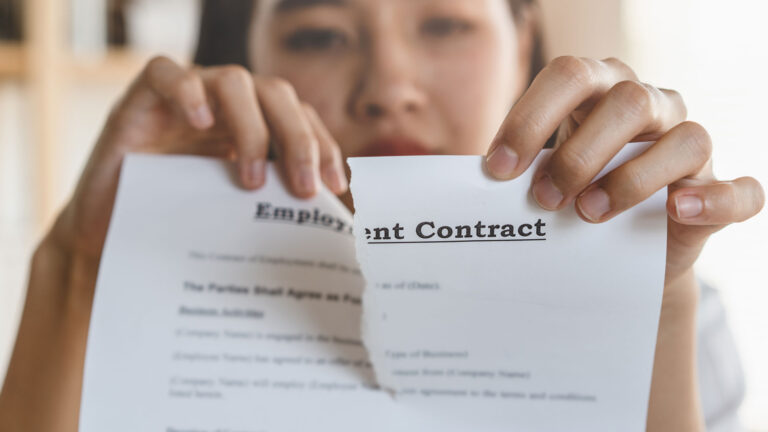
Scrolling through endless Google reviews might seem like the fastest way to choose an attorney—but legal representation is far too important to base on star ratings alone. While online feedback has its place, choosing the right attorney requires a deeper, more thoughtful approach. Here’s how to go beyond the reviews and make a confident, informed decision.
Identify What You Truly Need
Before diving into lawyer directories or Google searches, pause and define the exact nature of your legal issue. Are you dealing with a divorce, a DUI, a startup incorporation, or perhaps a contract dispute? Lawyers, like doctors, have specialties. A great criminal defense attorney might not be suited for a real estate matter.
Choosing someone experienced in your particular legal situation is the first and most crucial step.
Why Google Reviews Shouldn’t Be Your Sole Filter
Online reviews are everywhere, but they rarely tell the full story. Some clients leave glowing reviews for lawyers they barely worked with, while others vent frustrations unrelated to the actual legal service. In some cases, reviews can be manipulated or reflect one-off situations.
Also, not every satisfied client leaves a review, and not every negative comment means incompetence. It’s essential to read critically and look beyond the surface.
Credentials That Truly Count
Rather than getting distracted by star ratings, dig into a lawyer’s actual qualifications. Start by checking if they’re in good standing with your state’s bar association. Look for:
- Where they earned their law degree
- Years of practice
- Certifications or honors in their field
- Disciplinary history
Professional associations and state directories offer reliable insights that reviews cannot.
Ask Smart Questions During Consultations
Initial consultations are your opportunity to evaluate more than just pricing. Use this time to understand how the attorney thinks, communicates, and approaches cases like yours. Ask:
- How many cases like mine have you handled?
- What strategy would you use?
- What are possible outcomes and timeframes?
- How do you bill clients?
Be cautious of lawyers who offer guarantees or seem too eager to take your case without asking deeper questions. Promising a win is usually a red flag.
Compatibility and Communication Are Crucial

Legal matters can get personal, stressful, and time-sensitive. You’ll want a lawyer who not only knows the law but communicates clearly, listens attentively, and keeps you informed.
Pay attention to how they respond in your first few interactions. Are they professional yet relatable? Do they answer questions thoroughly or rush through explanations?
Choosing someone who makes you feel comfortable and respected is as important as their legal know-how.
What Other Lawyers Say Also Matters
A lawyer’s standing among their peers can offer insights that no online review ever will. Peer recognition, bar association accolades, or referrals from other legal professionals can be more reliable indicators of an attorney’s competence and character.
If you have any connection to other attorneys or legal professionals—even in unrelated fields—ask them who they’d hire for your issue.
Clarity in Fees and Billing
Money matters, and legal fees can add up fast. Understand exactly how your potential lawyer charges:
- Hourly rates vs. flat fees
- Contingency arrangements (common in personal injury cases)
- Whether they require a retainer
Ask for estimates and get everything in writing. If a lawyer is vague about billing, that’s a red flag.
Look at Case Results, Not Just Comments
What truly matters is not how well-liked the attorney is, but how effective they are. Ask to see past results or case studies—especially for cases similar to yours. While confidentiality might limit specifics, a seasoned attorney should be able to speak in general terms about their experience and success rate.
An attorney with actual wins under their belt tells you more than someone with 100 five-star reviews and little courtroom history.
Your Final Checklist
To summarize, here’s what you need to look for when choosing an attorney:
- Direct experience with your legal issue
- Verified credentials and good standing
- Transparent communication and billing
- Proven case results
- Personal comfort and professional conduct
It’s easy to fall into the trap of quick clicks and star-counting. But the right lawyer isn’t the one with the most reviews—it’s the one who’s right for your case, your budget, and your peace of mind.






